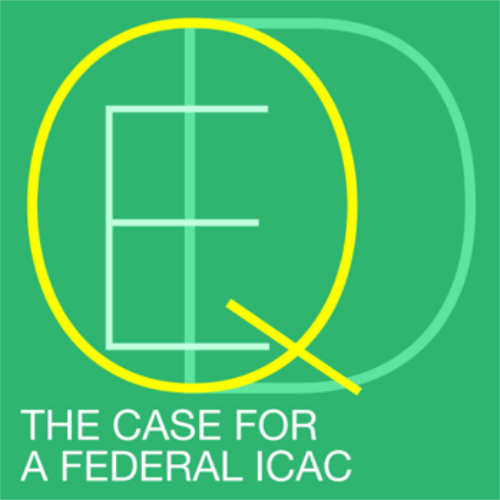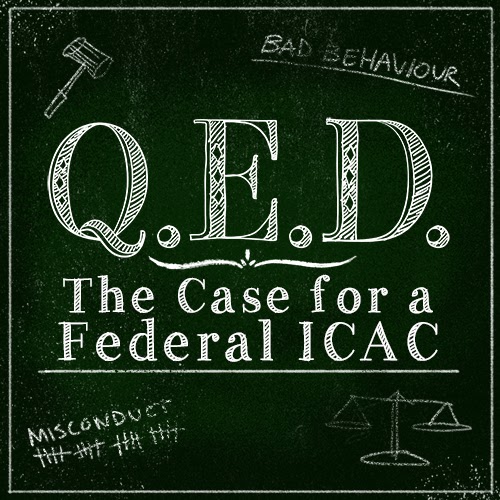PM’s department broke law by delaying FoI request
2017-2018
The privacy watchdog, the Office of the Australian Information Commissioner, found that the prime minister’s department broke the law by inexplicably delaying a freedom of information request about allegations that the former public service commissioner improperly aided the Institute of Public Affairs, according to Guardian Australia.
The FoI lodged with the Department of the Prime Minister and Cabinet requested documents about the former public service chief, John Lloyd, after reports that he acted improperly in his contact with the IPA. Lloyd was later found by the merit protection commissioner to have breached the public service code of conduct by “failing to uphold the good reputation” of his agency when he passed research about “generous” public service employment provisions to the IPA.
The FoI was lodged in January 2018 and a decision was due to be made by February 26, 2018. But no such decision was made and the OAIC said “no steps were taken to process the complainant’s request” by the time the 26 February deadline arrived. Guardian Australia reported that action was only taken when the watchdog was asked to review the case and the department released some documents in late April.
The information watchdog told the department to audit and improve its handling of requests within three months, and send out an all-staff missive reminding employees of their legal obligations.
Meanwhile, the Department of PM and C conducted its own $110,000 investigation into its handling of the same FoI request and cleared itself of wrongdoing, according to Guardian Australia.
In 2017/18, the privacy watchdog found the department met the legally imposed deadline in just 35% of FoI requests that year.


